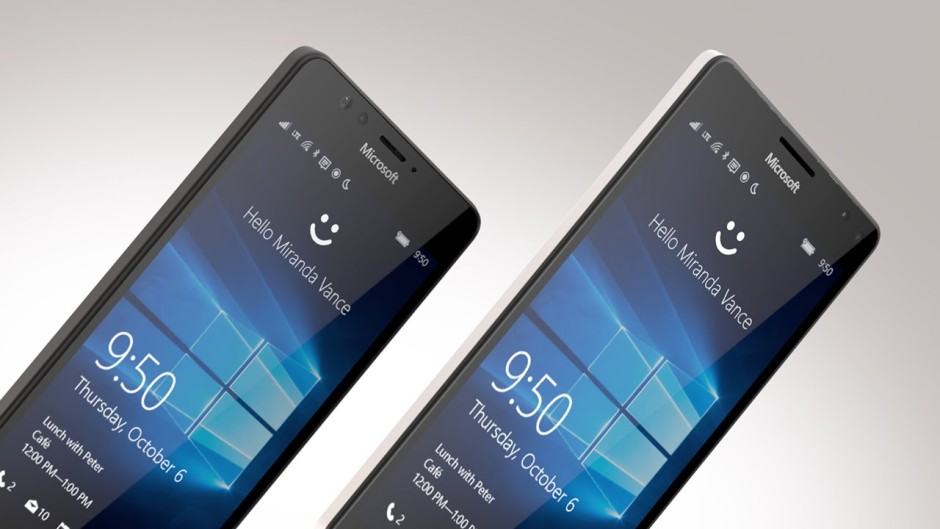Microsoft has given up on porting Android apps to Windows 10
Microsoft has given up on trying to convince Android developers to bring their apps to Windows 10 Mobile by killing off its porting tool while it was still in development. The company has confirmed that “Project Astoria” is dead, but it is still pushing for iOS ports.
When Microsoft unveiled Windows 10 at Build 2015, it announced new tools that would allow Android and iOS developers to port their apps to its new platform without having to make any substantial changes to their code.
The tools were all part of a push to increase the number of Windows 10 Mobile apps. With a greater app catalog, the platform has a better chance of attracting new users and competing with Android and iOS, which it has struggled to do since making its debut.
But Microsoft has already backed out of delivering Project Astoria.
“We received a lot of feedback that having two Bridge technologies to bring code from mobile operating systems to Windows was unnecessary, and the choice between them could be confusing,” Microsoft claims in a post on the Windows Blog.
“We have carefully considered this feedback and decided that we would focus our efforts on the Windows Bridge for iOS and make it the single Bridge option for bringing mobile code to all Windows 10 devices, including Xbox and PCs.”
So, Microsoft wants iOS apps on Windows 10 Mobile, but it isn’t too bothered about missing out on Android apps, it seems. This will be disappointing news for Android users who have switched to a Windows device, and hoped to get some of their favorite apps back.
Microsoft suggests some alternatives for Android developers who are still interested in porting, but none of them are direct substitutions for Project Astoria.
- SourceWindows Blog



